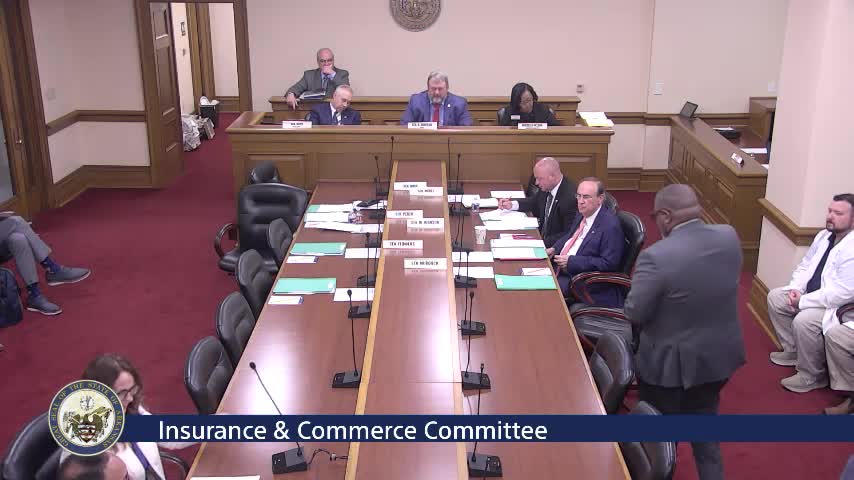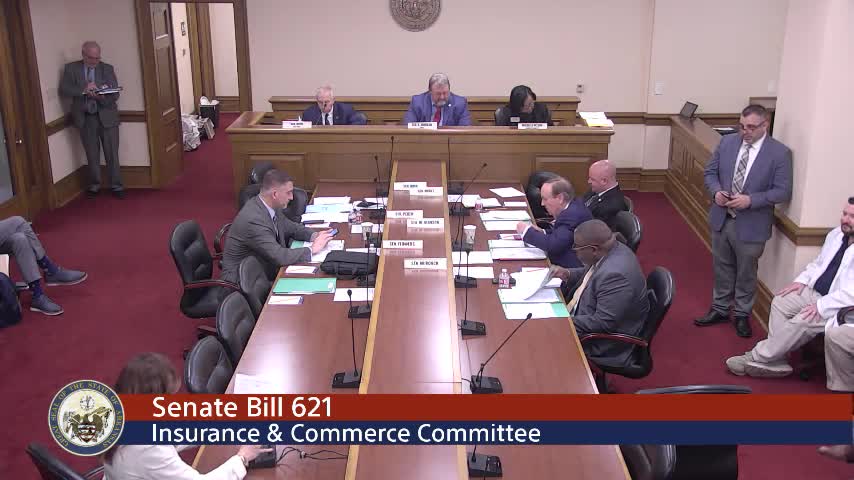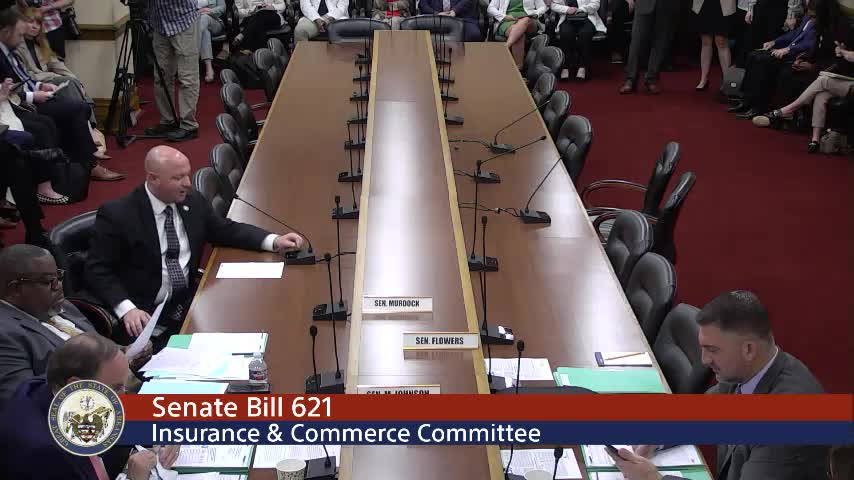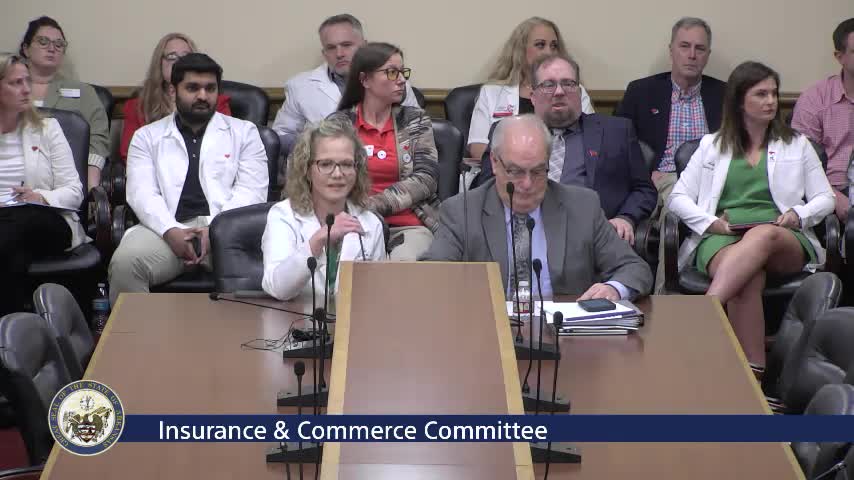Article not found
This article is no longer available. But don't worry—we've gathered other articles that discuss the same topic.

Committee clarifies insurer obligations for ambulatory surgery centers converted to temporary hospitals

Committee advances package of technical and licensing bills in brief votes

Senate committee approves study bill to explore small modular nuclear reactors

